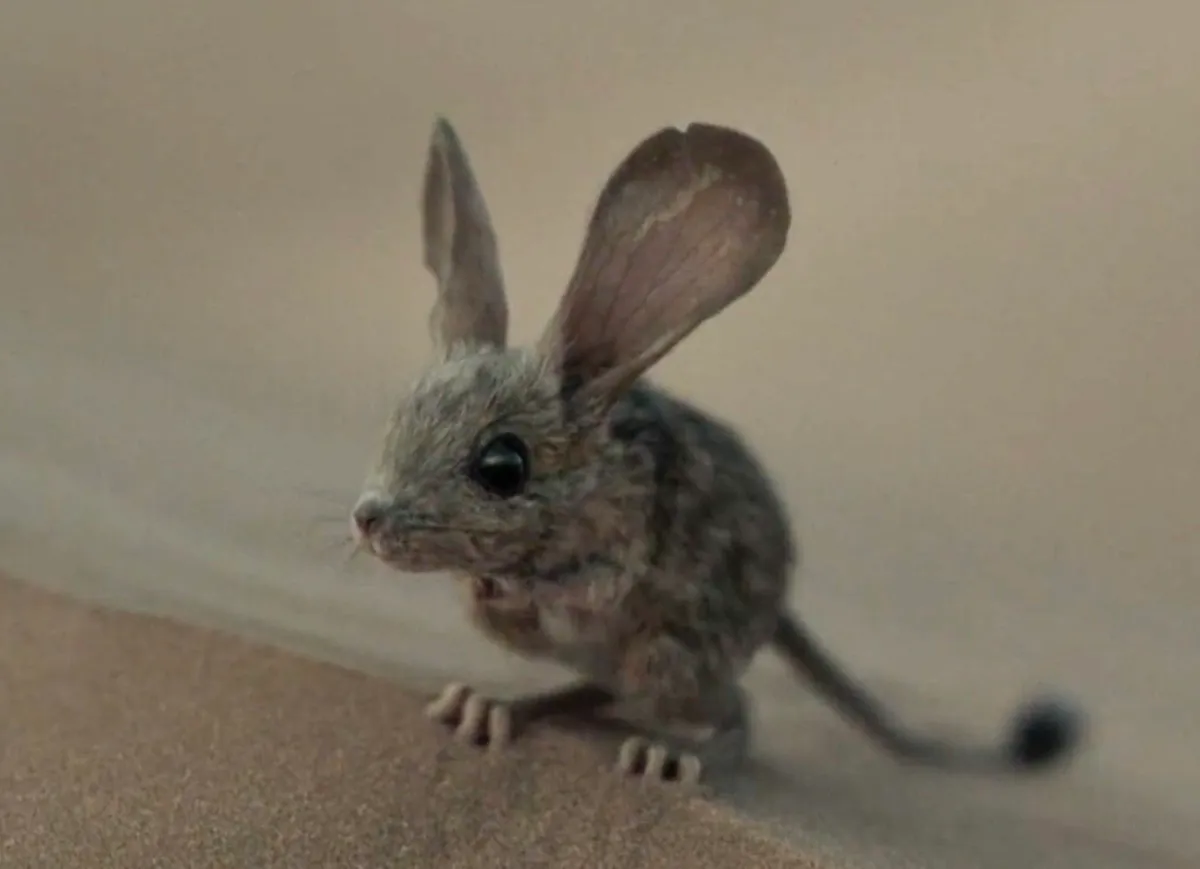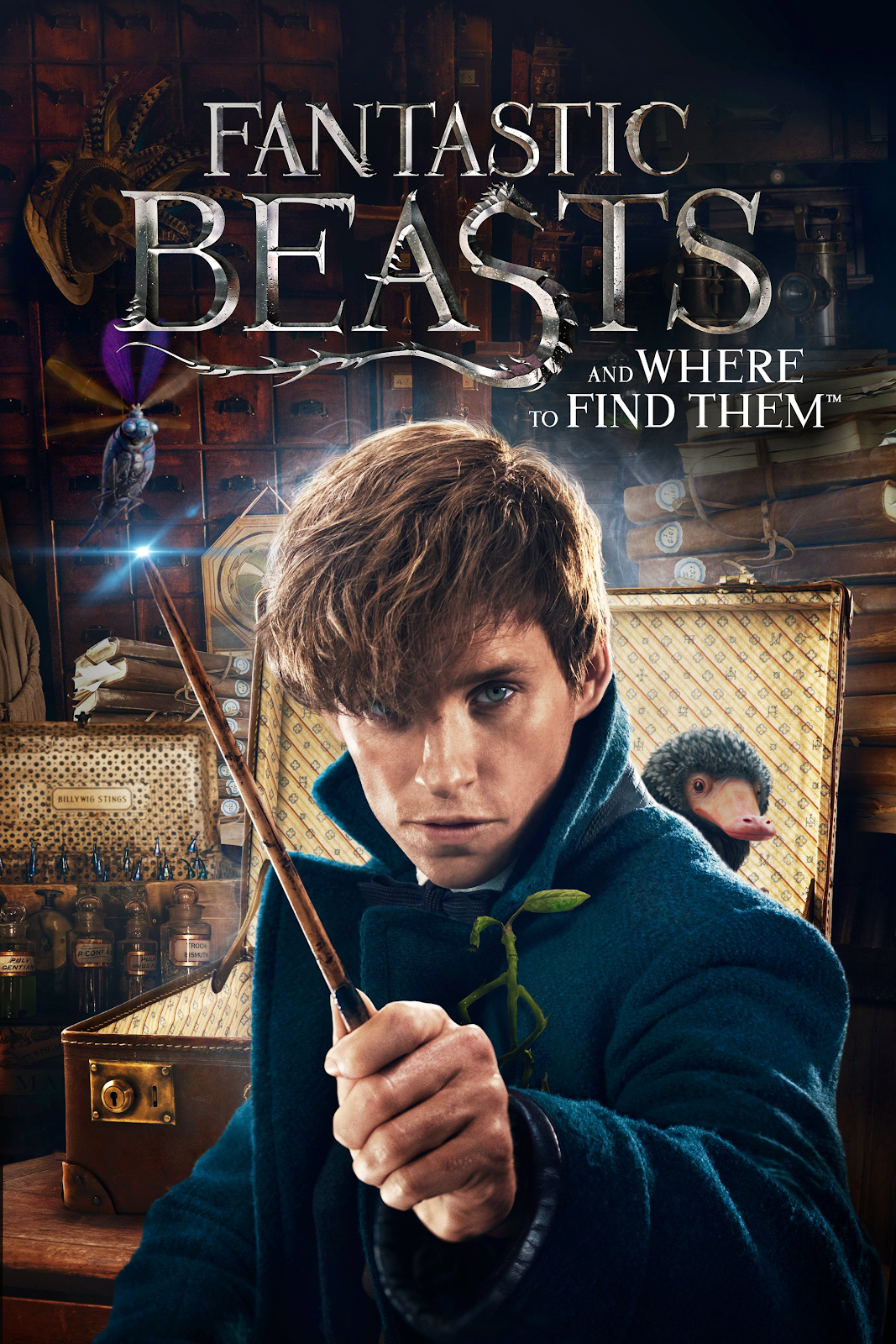I was excited about the Fantastic Beasts movies and enjoyed them. The animal theme was particularly appealing. There were so many animals and plants in the original novels of which we only get quick glimpses or brief interactions. This is an entire dimension of the Wizarding World that could be explored.
But something always seemed missing. I was disappointed that the beasts - the animals who inhabit this world - were not really the point. While the various creatures take on a larger role, more screen time, than in the original movies, they are still a sideshow to the primary plot and the human characters. The creatures provide entertaining and comical episodes. They provide moments of the sublime, wonder, and amazement. They provide help to the characters at important moments of the story. But they are always ancillary to the human characters.
In addition, the human-animal relationships never sat well with me. The creatures are primarily kept in the protagonist Newt Scamander's suitcase, which is something like a magical zoo. The scenes inside the suitcase are remarkable - it is a whole dimensional space with multiple rooms or ecostyems for the various animals. Ostensibly, their confinement in the case is for their safety. And one of the subplots of Fantastic Beasts (okay, it is not really a plot, it simply provides the reason or motive for Scamander to be in the United States) that is Scamander has rescued Frank the Thunderbird from animal traffickers and is transporting the Thunderbird back to the American Southwest in order to release him into his native habitat. All that is fine. But the reality is that most of the animals are kept in the suitcase. One of the repetitive themes in the movie involves the various creatures escaping from the suitcase. Scamander is always tracking them down to recapture them and put them back in the case.
 |
| Maud Dib, the desert mouse from Dune |
Kratz pinpoints the larger problem with Fantastic Beasts. There is no attention to the worlds of these animals and the ecosystems of which they are apart. No animal can live without its ecosystem. We tend to abstract animals from their ecosystems - but in reality no animal can thrive or perhaps survive for long apart from its place in the ecosystem. The animal and the ecosystem are intertwined. But in Fantastic Beasts, the ecosystems are not developed. For all the love that Nest Scamander has for these animals, he is still a collector. The animals are abstracted from the enivroment, confined in the suitcase, and live truncated lives in a human-oriented world. The animals and their worlds are missing and that made the movies feel disappointing.
Perhaps that is a lesson for us - a glimpse into the shrinking worlds of wild animals. As we continue to massively alter global ecosystems, the animals who will survive are those who can adapt to living within the human-oriented world and ecosystems that are radically changed by human interventions and interference.




